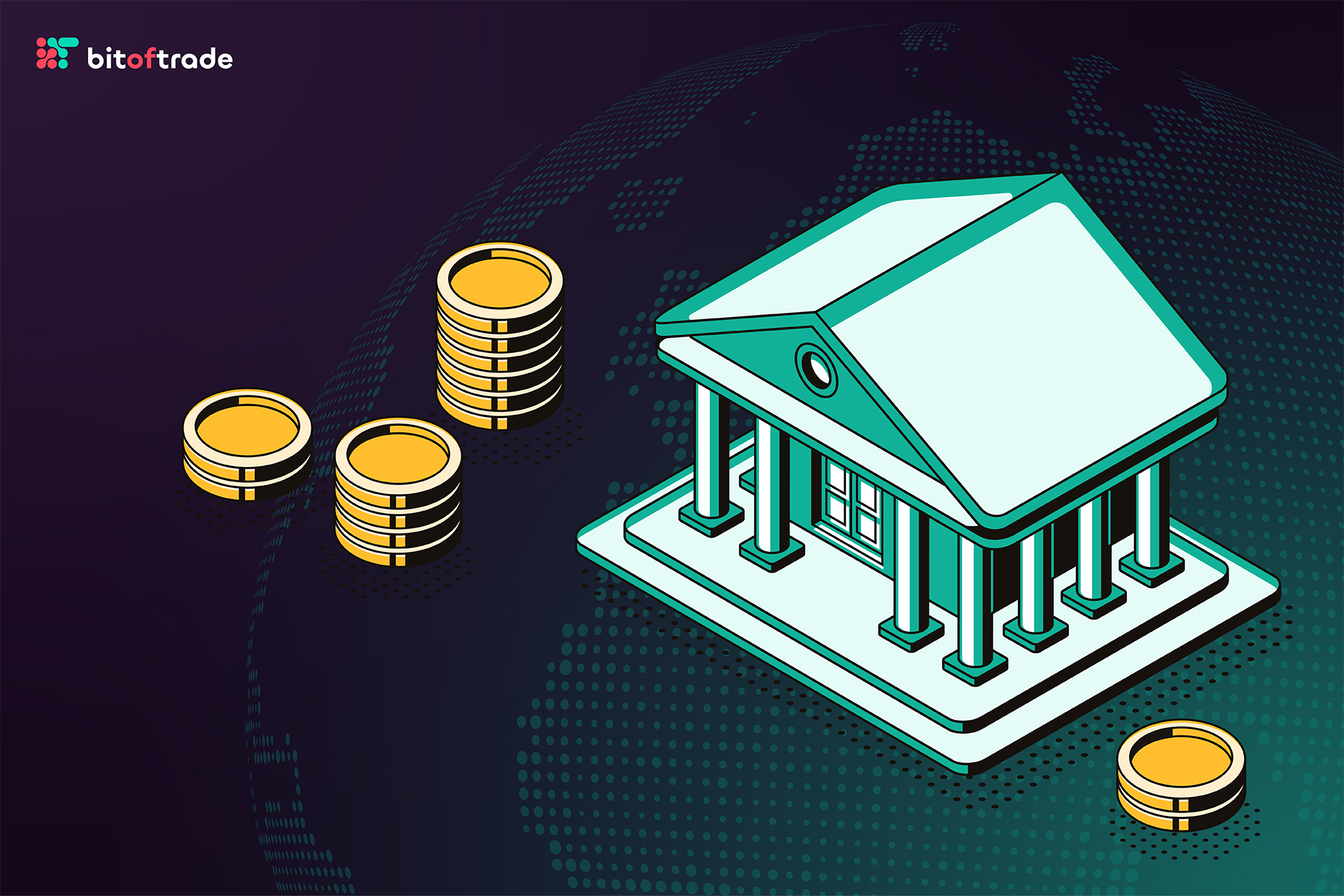Is cryptocurrency legal now? That depends on where in the world you’re trading. Some countries accept crypto as legal tender, while others have banned it completely.
There’s been a lot of speculation surrounding cryptocurrency regulations. Every country has its own set of standards for crypto regulations. Some countries are embracing crypto, like Malta for example where crypto coins are treated in the same way as regular fiat. This relaxed approach contrasts sharply with countries like Ecuador and Bolivia where cryptocurrencies have been banned outright.
So, what are the pros and cons of making crypto legal tender? Read on to find out.
Pros of cryptocurrency regulation: making crypto legal tender
A lot of countries allow the trading of crypto with little to no regulation, but few allow their citizens to use crypto as legal tender. For instance, El Salvador was the first country to make cryptocurrency legal tender and it can be used in any transaction across the country. The implementation of cryptocurrency was brought in to reduce the dependence of the U.S. dollar on the country's economy. In fact, more people in the country now have Bitcoin wallets than traditional bank accounts. El Salvador offers a compelling case study of how making crypto legal tender can function in an economy and society, and how this can be potentially adopted by other nations and internationally.
Less centralized control
Decentralized finances don’t require validation or permission from central authorities or third parties. Crypto holders can potentially be in full control of their assets without government oversight and they don’t incur the usual bank fees that relate to fiat currencies. What’s more, crypto users don’t need to use a banking system and the KYC, due diligence, AML, and other checks that come with it for everyday transactions.
Making crypto legal has the potential to bring banking to the unbanked as well. 1.7 billion people across the world don’t have access to a bank account. El Salvador created the Chivo Wallet to allow its citizens who don’t have bank accounts to use crypto as legal tender. So, by applying a wider adoption of cryptocurrency as legal tender, there’s great potential to make a significant difference to those around the world who need to access funds from bank-free sources
Anti-inflation
Central banks are forever combating currency inflation, but this permanent inflation headache can be remedied with the programmable and decentralized nature of crypto. Crypto has the potential to more carefully control inflation when compared to its fiat counterparts thanks to tokenomics and many coins having a fixed supply. For example, Bitcoin capped its circulation at 21 million tokens and, by limiting the number of coins in circulation, this contributes to preventing hyperinflation.
Affordability and speed
Cross-border payments and remitting funds can be made more accessible and affordable through crypto with lower fees and faster transactions. In 2020, El Salvador received approximately $6 billion in remittances from Salvadorans living abroad, with remittance fees on transfers reaching as high as 50%. Enter Bitcoin and dramatically reduce the cost of sending money home to El Salvador from abroad. The lower fees and timely transactions have the potential to benefit people across the world who also send money to internationally. With a peer-to-peer exchange network geographical location doesn’t factor into the cost or transaction time, unlike with many fiat payments methods.
Cons of regulating cryptocurrency: making crypto legal tender
While the pros benefit trades and crypto holders, the cons focus more on the governance of making crypto legal tender, and how it presents a difficult challenge for authorities. For instance, the government of India has heavily banned cryptocurrency. That said, they’re soon to be releasing the Digital Rupee (a central bank digital currency) to act the same way as the physical currency, but it shares little to no characteristics with cryptocurrencies we know as it will largely just be a digital replica of the paper currency.
Difficulty controlling the crypto market
It's hard to control the crypto market via a central body. Therefore, investors don’t have much protection if the value of their assets drops or a trade goes sideways. In countries like China for instance, crypto is legal although heavily restricted. Some countries have taken a more relaxed approach to accepting cryptocurrency, like Japan where crypto is considered the same as property. In some places in Europe such as Italy and France, it’s legal to trade crypto, but it’s unregulated. By regulating cryptocurrency, there’s a strong argument that greater stability and protection will be given to crypto holders.
Unstable pricing
There is no set price for cryptocurrency and the price fluctuates on a daily basis due to supply and demand. If demand increases faster than supply, the price of a cryptocurrency will rise; likewise when supply is plentiful but demand is low prices can plummet. If there’s a drastic change in the crypto market, a coin can potentially become worthless and holders could lose significant amounts. As cryptocurrencies change in value, it becomes problematic for those who wish to pay using crypto on a daily basis as they struggle to use fixed prices (for example for purchases). Tax avoidance Authorities control and monitor currencies with a centralized system and they regulate the taxes their citizens pay for goods and services. If cryptocurrency is introduced as legal tender, there is the challenge of collecting taxes and checking people are paying the correct amount. This is one of the major reasons why cryptocurrency isn’t legal tender in many countries.
Check local regulations before you trade
Cryptocurrency as a legal tender has been successful in certain countries like El Salvador. Elsewhere, many countries allow crypto trading without regulations, while other countries implement strict rules on trading. Some traders are eager for regulations to come in and set standards to make crypto more accessible to users, which will—in turn—increase widespread uptake and adoption.
Always remember to carefully check the legality of cryptocurrency and the regulations surrounding trading in your country and region as well as the rules and regulations of other countries where you will be sending or receiving funds.
If trading is permitted in your region, check out our latest DEX features including limit, leverage trades, and soon stop-loss, all packed into our easy-to-use app.
Continue the conversation on our bitoftrade community channels:
Find us on our Telegram channel.
Find us on LinkedIn.
Find us on Twitter.
Find us on YouTube.
Find us on Discord.
Visit our website to start trading with bitoftrade.


